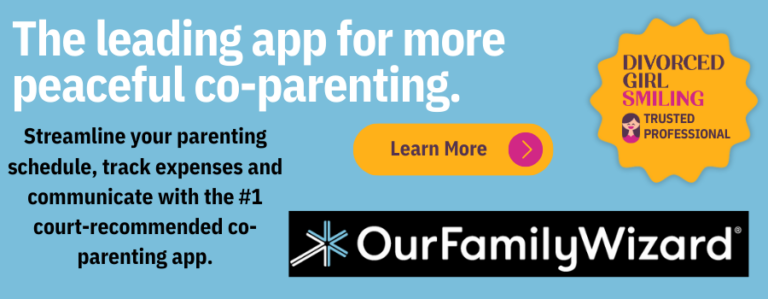Saying I’m sorry isn’t something a lot of people know how to do. It’s difficult for many reasons, which is why so many people often don’t say it–even during times when an apology is much needed.
Love means never having to say you’re sorry” might be one of the most famous movie lines of all time. But while I’m a huge fan of the 1970 film,” Love Story,” I have to say I completely disagree with this now well-known catchphrase. If you are truly in love, there aren’t too many things that mean more than a warranted apology.
But I feel like people have such a hard time saying ‘I’m sorry’ and I’m not sure why. Is it because pride gets in the way? Does a lack of self-awareness come into play? Do men and women not realize the positive impact a sincere apology can have?
For answers to these questions, I reached out to Jason Price, Northbrook-based licensed marital and family therapist. Price said one possible reason people struggle with saying “I’m sorry” is fear.
“Because they are admitting blame for something, some people feel that when they apologize, they are giving up control in some way,” said Price, who has been in practice for well over 20 years. “The fear is that during the next argument, what they apologized for will be thrown back in their face.”
In my opinion, there are two types of apologies: the “real” or sincere apology, and the insincere kind, said out of obligation or just to get the other person to back off and/or drop it.
Let’s start with the insincere apology. Have you ever had someone apologize like this?
I’m sorry, but you are completely blowing this out of proportion. The reason I was late is because I had to work. I’m trying to make money and you just don’t understand.
Price said bad apologies make the receiver feel like he or she overreacted, and that their feelings are unjustified. The bad apologizer turns the situation around and sometimes even makes him or herself the victim.
I would rather have no apology at all than a bad apology. Wouldn’t you?
On to the sincere apology. Here are four key components in regards to how to apologize to your partner:
1. The person says specifically what he or she is sorry for and expresses empathy. For example, “I’m sorry I said that to you. It wasn’t nice and I can see how it would hurt your feelings.”
2. They validate the other’s feelings. They might say something like, “I can see why you are so hurt and upset.” An apology that includes validation makes the other person feel like he or she is being heard.
3. There is no excuse attached. A good apology doesn’t include the word “but.” There is no rationalizing.
4. They talk about the future. The apologizer might ask, “What can I do to make you feel better?” or they might say, “Here is how I’m going to handle it next time.”
An apology can also include a gift. Flowers, a bottle of perfume or a gift card are great ways of showing remorse, not just because they are material things, but because going out and buying them take time and effort, which shows the person you care.
Another nice gesture is a handwritten apology note or card. Versus words coming out of your mouth, a pen and paper shows the intensity of your sincerity.
I think it takes guts to apologize. Expressing remorse exposes vulnerability and forces a person to admit their imperfections with the person they love. But if the relationship is solid, it shouldn’t matter. In fact, a sincere apology could even strengthen the bond.
Apologizing also takes self-awareness. Do you know how many people don’t say “I’m sorry” because they lack self-awareness and therefore cannot admit fault? In other words, they can’t look in the mirror and say, “I messed up big time.” People who lack self-awareness (and who can’t apologize) are usually pretty unhappy. They blame everyone else for their problems and anything that goes wrong.
I do have to mention that there is always a chance of an apology going unaccepted – even if it is a sincere apology. This could leave the apologizer shocked, sad, disappointed, frustrated or full of regret. But no one should regret doing the right thing. In other words, never be sorry you apologized.






















